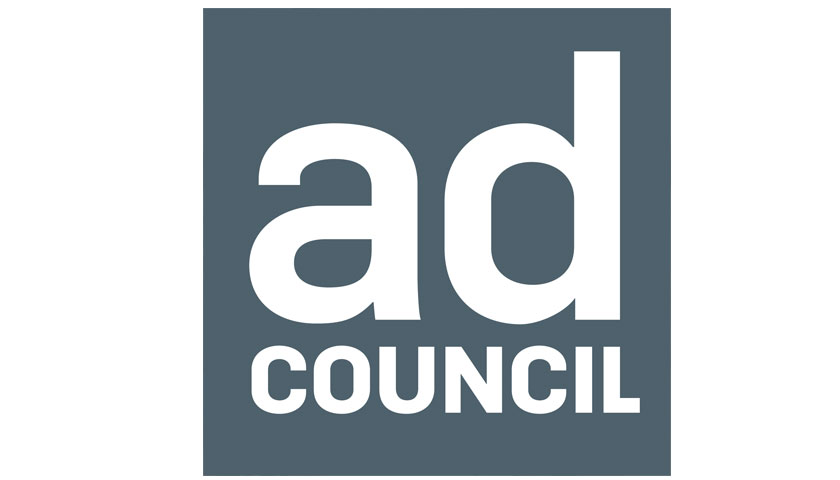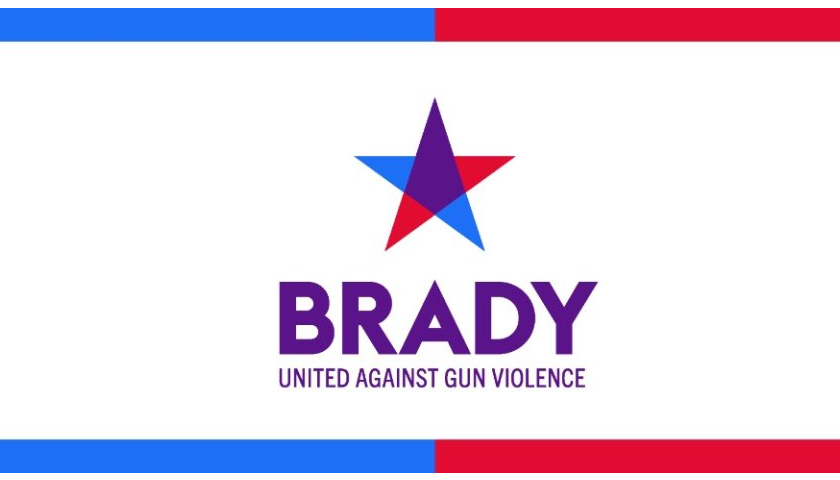A new report released by the Ad Council Research Institute (ACRI) finds notable differences across generational, political and geographic lines in who Americans trust for information about important social issues and what motivates them to take action. The 2022 Trusted Messenger Survey, an ongoing, annual exploration that began in 2021, offers important insights for brands, causes and civic groups working to educate and inspire the American public at all levels on these and other topics.
For the report, ACRI conducted a quantitative survey and qualitative interviews to ask Americans who they listen to and trust at each stage of the decision-making process, from becoming aware of an issue, to understanding and finding trusted information about the issue, to taking action on the issue. Overall, the results validate a key trend revealed in the 2021 survey: The closer a person is to one’s inner circle, the more people tend to trust those individuals for information and decision-making.
The report also uncovered several key new findings, including:
- Members of Generation Z are more likely than older Americans to trust social media influencers and celebrities across all stages of the knowledge journey. Younger Americans, particularly Gen Z, are much more likely than older generations to trust broader influencers (social media influencers, celebrities, podcast hosts, athletes, etc.) when becoming aware of an issue, gathering more information and remaining informed/taking action.
- Trust in scientists, professionals and academics remains very low among Republicans. The 2022 study saw significant differences in the messengers Americans trust by political affiliation. For example, doctors and medical professionals are trusted by only 48% of strong Republicans (compared to 64% of strong Democrats and 53% of the general public.) In contrast, Republicans have significantly more trust in religious leaders (53%, compared to 37% of Democrats and 36% of the general public.)
- Americans in urban areas are much more trusting overall than those in other areas. Individuals living in urban areas have much more trust in all messengers than those in rural or suburban areas, especially with doctors/medical professionals, scientists, professors/academic experts and teachers/school leaders. Other than spouses and other immediate family members, the only messengers with similar levels of trust between urban and rural Americans are pastors/religious leaders.
“Our 2022 Trusted Messenger Survey offers a great preview into the minds of Americans and who they trust for key information on today’s social issues” said Derrick Feldmann, lead researcher and managing director of ACRI and Ad Council Edge. “These findings validate trusted messengers and influencers as crucial components of campaign and social movement efforts to help the American public become aware, more informed and take action”.
Based on these research findings, the report also includes several recommendations from Creators for Good, the Ad Council’s in-house talent engagement arm that partners with celebrities, issue experts, digital creators, community and faith leaders, musicians, athletes, gamers, and more to champion social issues. In particular, Creators for Good recommends: 1) choosing messengers carefully, 2) understanding where audiences are on their knowledge journey and selecting messengers accordingly, 3) involving messengers early in the campaign and message development process and 4) using campaigns to influence audiences’ inner circles, creating additional avenues for informing and motivating the campaign’s primary audience.
The 2022 Trusted Messenger Survey consisted of both a quantitative and qualitative component. For the quantitative portion, ACRI conducted a 15-minute online survey in September 2022, which was offered in English, Spanish and Mandarin and completed by 2,502 U.S. adults ages 18-75. The qualitative phase included a three-day series of online qualitative interviews and a journal activity conducted in August 2022 among 40 respondents of mixed gender, race, age, income and geographic location.
Click here to learn more about the Trusted Messenger Survey and read the full report.


